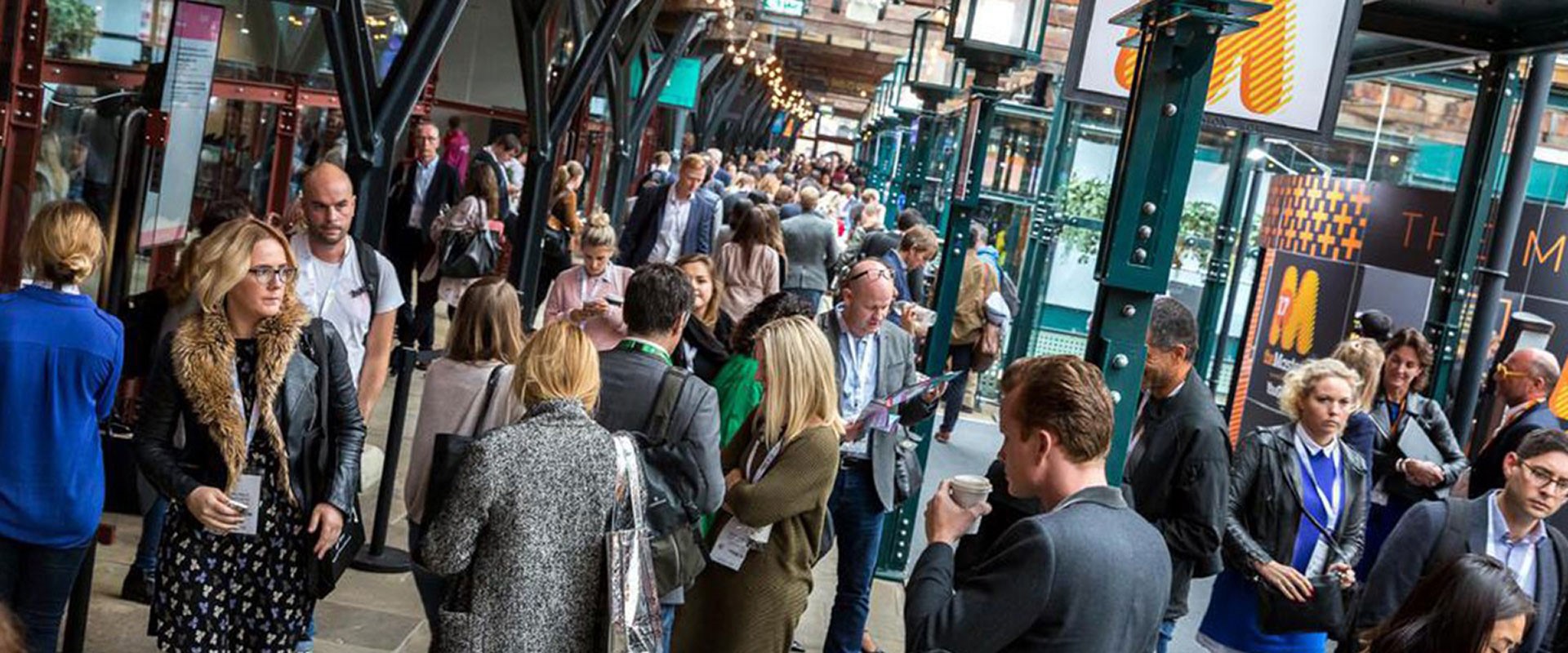Now that the dust has fully settled on this year’s Festival of Marketing event, I thought it might be an idea to look back and reflect on some of the key subjects that resonated with me the most. I’ll cover these over a series of blog posts so as not to overload.
Customer-centricity was undoubtedly (and not surprisingly) one of the hottest topics across the two day event, Nathan Ansell, Customer Loyalty Director at M&S, had one major piece of advice for companies, ‘personalisation’. He argues that one of the biggest changes the industry now faces is the expectation from consumers that their content will be personalised. Ansell referenced online companies such as Amazon ‘your recommendations’ and Netflix ‘because you watched’, who are all setting the tone and others need to take note and catch up.
According to Ansell, “the more you know your customers the more you can do”, and as soon as you start identifying their purchasing behaviours, you can tailor your campaigns accordingly and watch sales and leads grow. He also advised that any marketer embarking on a digital project should stay customer-centric, not get too distracted by tech, and stay true to the brand.
Although this was specifically around consumers, the principles still very much apply to b2b marketing.
Penny Wilson, CMO at Hootsuite, declared that in fact her job title should be Chief Customer Officer. She talked about the influence of technology and social media on today’s society and shared some interesting facts:
- By 2020, 80% of the population will have a Smart Phone
- 60% of Twitter “complainers” expect a response from the targeted brand within 60 minutes
- By 2026, everyone entering the workforce will have been born in the Facebook era
Penny discussed how businesses need to adopt a human-first approach, inside and outside the organisation, switching to a customer-centric strategy, by using social to listen and personalise marketing content. By doing so she believes this will deliver bottom-line growth. Internally this also means empowering people across the organisation to embrace and adopt social media, advising that employers need to bridge the skills-gap and give their people the tools to meet the needs of the customer in a relevant, authentic and timely way.
Penny illustrated this with a case study on hotel operator AccorHotels. They realised that social media was a necessary way to engage guests at every step in the buyer journey, however with 4000 hotels and 240,000 employees on five continents, trying to run social accounts from their headquarters seemed out of reach. AccorHotels needed a solution that would allow their hotels to engage with customers on a local level while maintaining the consistent voice of their global brand. They gave their hotels the autonomy to manage local social channels through the Accor Social Desk. It means their front-line staff can listen and react quickly to their customers’ needs. How did they do it? Inspirational blog content, employee training, localised content and daily engagement. The result? In one year their audience grew from 4m to 10m.
Penny also quoted global research and advisory organisation Forrester, who say, “Great customer experience is the biggest driver of competitive advantage today.”
At bd2, we couldn’t agree more.

